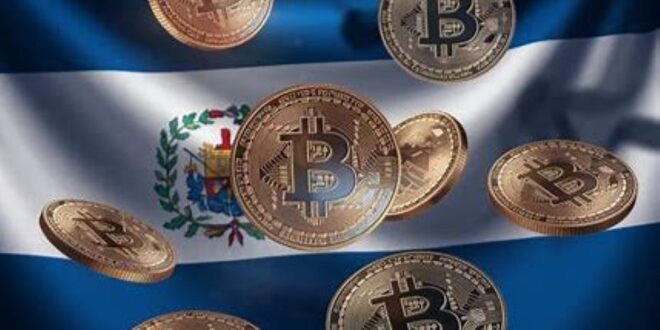El Salvador continues to strengthen its commitment to Bitcoin, with the country’s government reaffirming its strategy to accumulate the cryptocurrency despite reaching an agreement for a loan with the International Monetary Fund (IMF). In a recent statement, El Salvador’s Economy Minister, Alejandro Zelaya, emphasized that the government’s plans to add more Bitcoin to its reserves remain unchanged, even in the face of ongoing negotiations with the IMF.
El Salvador made headlines in 2021 when it became the first country in the world to adopt Bitcoin as legal tender, a move that was met with mixed reactions globally. Despite the volatility of the cryptocurrency market, the country has maintained a strategy of buying Bitcoin during dips, aiming to accumulate the digital asset as part of its long-term financial strategy.
The recent IMF loan agreement, which is designed to help El Salvador stabilize its finances amid economic challenges, has raised questions about the country’s continued investment in Bitcoin. Critics argue that the country’s reliance on Bitcoin could present risks given the cryptocurrency’s price volatility and the current market downturn. However, Zelaya has been firm in his stance, stating that the country’s Bitcoin accumulation strategy is not only about hedging against inflation but also positioning El Salvador as a leader in the emerging global digital economy.
Zelaya has highlighted that the IMF loan deal, valued at approximately $1.3 billion, will help stabilize the country’s finances but will not force a departure from Bitcoin. The government has used part of its Bitcoin reserves to fund public infrastructure projects, including a Bitcoin-powered “Bitcoin City” near a geothermal power plant, further signaling its commitment to integrating cryptocurrency into its economic framework.
The IMF has previously expressed concerns about El Salvador’s Bitcoin policy, citing risks associated with the digital asset’s volatility. However, the loan agreement indicates that the IMF recognizes El Salvador’s financial challenges and is willing to provide support, albeit with caution about the role of Bitcoin in the country’s broader fiscal strategy.
While El Salvador’s Bitcoin experiment has been controversial, it has sparked a larger global conversation about the future of cryptocurrencies and their potential to reshape national economies. The government’s decision to continue accumulating Bitcoin is seen by many as an attempt to gain early-mover advantage in the crypto space, while also diversifying the country’s reserves in response to traditional financial uncertainties.
As the situation unfolds, the eyes of the crypto community and global financial institutions remain fixed on El Salvador. The country’s Bitcoin strategy could have far-reaching implications for the future of digital currencies, especially as other nations observe its approach to balancing cryptocurrency investment with traditional financial support mechanisms like IMF loans.
 Business Sandesh Indian Newspaper | Articles | Opinion Pieces | Research Studies | Findings & News | Sandesh News
Business Sandesh Indian Newspaper | Articles | Opinion Pieces | Research Studies | Findings & News | Sandesh News



